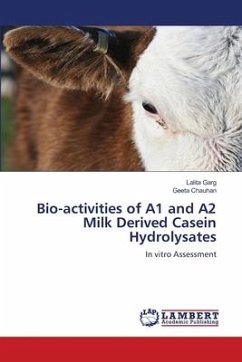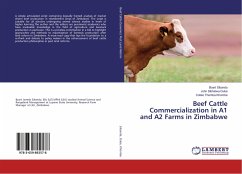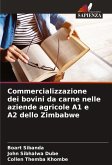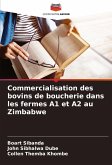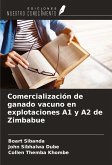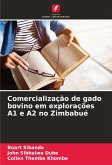Cow milk consists of casein and whey protein that representing 80% and 20% of whole milk protein respectively. Casein is deemed the major source of essential amino acids and has high biological value. Casein consists of four fractions, namely s1, s2, beta and -casein. beta-casein consists of 209 amino acids and has two variants A1 and A2 on the basis of the presence of amino acid at the 67th position. A1 type consists of histidine at the 67th position whereas A2 consists of proline at the same position. The A1 type variant is present in crossbred and European breeds of cattle whereasA2 the type variant is present in indigenous breeds of cattle in India. Enzymatic cleavage of A1 betacasein lead to the production of seven amino acid peptide, known as beta-casomorphin7 (BCM7), whereas no BCM-7 is produced upon digestion of A2 milk. The aim of the present study was in vitro assessment of antioxidant, antimicrobial, antihypertensive and antidiabetic activities of A1 and A2 milk derived casein hydrolysates.
Bitte wählen Sie Ihr Anliegen aus.
Rechnungen
Retourenschein anfordern
Bestellstatus
Storno

